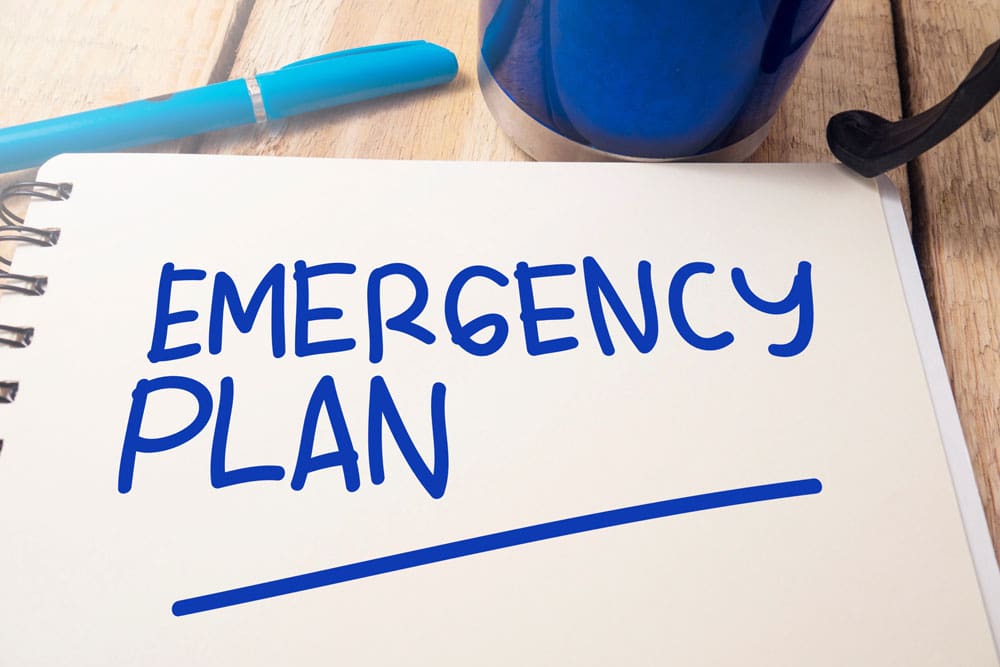
In the constantly changing world of business, one thing is certain: unexpected events will happen. Whether it’s a natural disaster, a cyber-attack, or another type of crisis, businesses must be prepared to respond effectively. Emergency planning is not just a checkbox on a compliance list, it’s a critical component of sustainable business success. For business leaders, the message is simple: Do it right.
Why Doing It Right Helps with Criticism
- Defensibility
- Thoroughness: If you’ve done things thoroughly and correctly, it’s easier to defend your actions and decisions against criticism. You can point to the quality and rigor of your work, showcasing that every aspect was considered and meticulously planned.
- Documentation: Comprehensive documentation of your emergency plans serves as proof that you took necessary steps to mitigate risks.
- Credibility
- Reputation: Delivering high-quality results builds your reputation and credibility. When people know you consistently produce good work, they’re more likely to trust you and less likely to criticize; this trust extends to your handling of emergencies.
- Transparency: Transparent communication about your preparedness efforts further solidifies trust among stakeholders.
- Long-Term Benefits
- Sustainability: Thorough and well-done work often leads to sustainable, long-term solutions, reducing the chances of future criticism for recurring issues. By addressing root causes and implementing robust plans, you ensure lasting resilience.
- Cost Savings: Investing in quality emergency planning now can save significant costs associated with poorly managed crises later.
- Confidence
- Self-Assurance: Knowing you’ve done your best can give you the confidence to face critics head-on and stand by your work. This confidence is invaluable when navigating the complexities of a crisis.
- Team Morale: A well-prepared team is more confident and cohesive, which is key during emergencies.
Example
Consider presenting an emergency preparedness plan to your team:
- Minimal Effort: If you did it minimally, your presentation might lack depth, miss key points, and invite criticism for being under-prepared or incomplete.
- Doing It Right: If you did it right, your presentation would be comprehensive, well-researched, and detailed, making it harder for critics to find fault and more likely to impress the audience.
The Call to Action
Ultimately, doing it right may require more effort upfront, but it can save you from facing harsh criticism and provide you with stronger ground to stand on. Business leaders must recognize the value of thorough and diligent emergency planning. It’s not just about ticking off requirements, it’s about safeguarding the future of your organization and ensuring the well-being of your employees and stakeholders.
In the words of Benjamin Franklin, “By failing to prepare, you are preparing to fail.” Embrace the responsibility of doing it right, and you’ll not only enhance your organization’s resilience but also earn the respect and trust of those you lead.
Conclusion
Emergency planning is a non-negotiable aspect of modern business leadership. The effort you put into doing it right will pay dividends in the form of defensibility, credibility, long-term benefits, and confidence. As you lead your organization, remember that preparedness is the foundation of resilience and success.
Take the necessary steps today to ensure that when the unexpected happens, your organization is not only ready but also capable of emerging stronger and more united.

